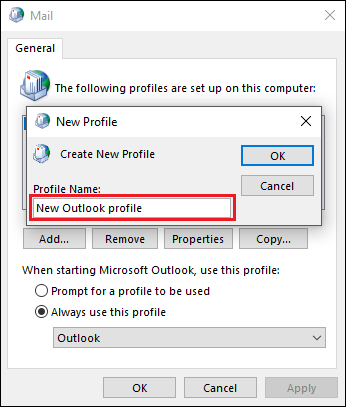
Note: The recommended practice is to configure the 2013 Client Access server’s AutoDiscoverServiceInternalUri value (which is the property value you use to set the SCP record) to point to, assuming split-brain DNS is in place. Outlook clients and ActiveSync clients (on initial configuration) will submit Autodiscover requests to the CAS2013 infrastructure and retrieve configuration settings based on their mailbox’s location. The Autodiscover namespace,, as well as, the internal SCP records resolve to the CAS2013 infrastructure located in Site1. To understand the client connectivity before we instantiate Exchange 2016 into the environment, let’s look at how each protocol works for each of the three users.

Similarly, the term, Non-Internet Facing AD Site, simply means any Active Directory site containing Exchange servers whose virtual directories do not have ExternalURL property populated.

Note: The term, Internet Facing AD Site, simply means any Active Directory site containing Exchange servers whose virtual directories have the ExternalURL property populated. This site contains Exchange 2013 infrastructure.

Internet Facing AD Site (Site1) - This is the main AD site in the environment and has exposure to the Internet.Existing EnvironmentĪs you can see from the above diagram, this environment contains three Active Directory sites: Note: While not explicitly called out in this blog post and graphics, Exchange 2019 behavior is the same as Exchange 2016 behavior. To that end, this article will begin with a walk through of a deployment that consists of Exchange 2013 in a multi-site architecture and show how the connectivity changes with the introduction of Exchange 2016. Our goal with this article is to articulate the various connectivity scenarios you may encounter in your Exchange 2016 designs.


 0 kommentar(er)
0 kommentar(er)
